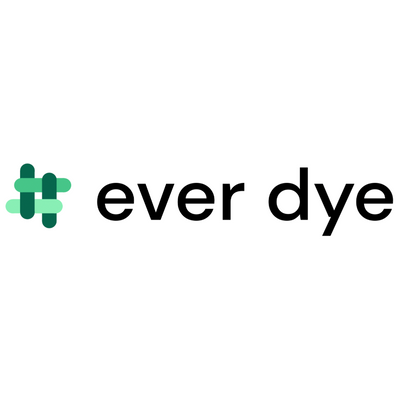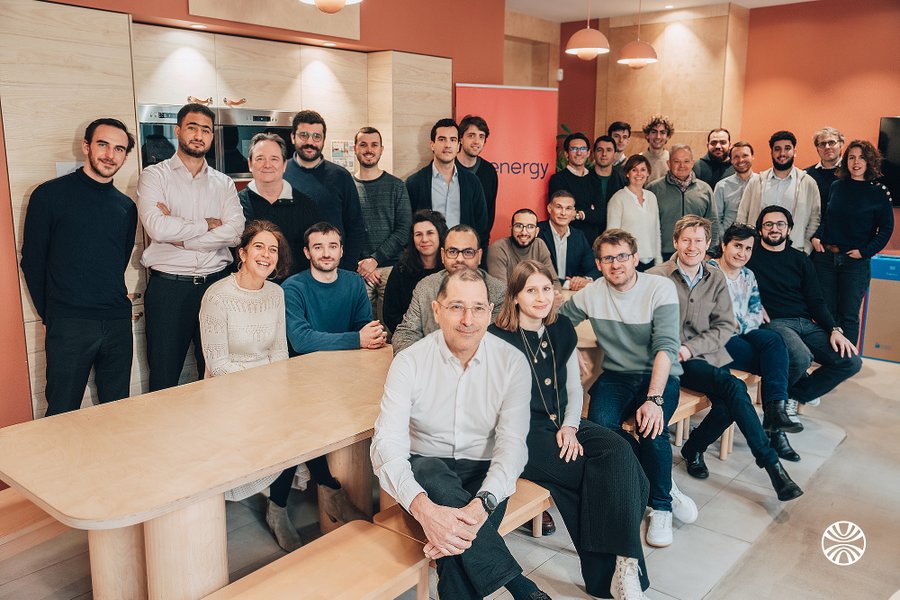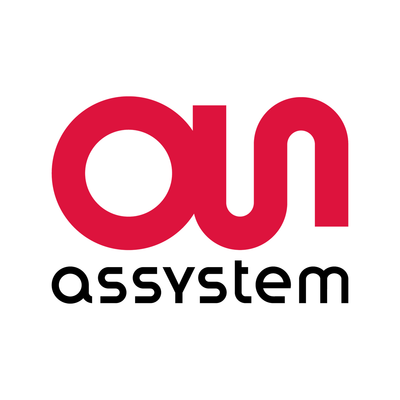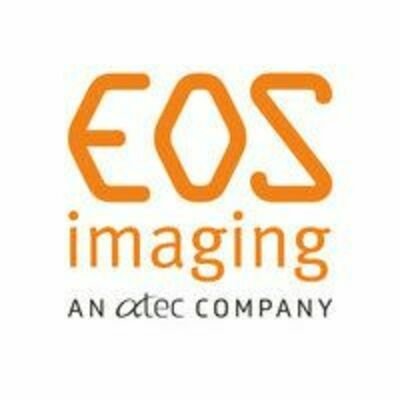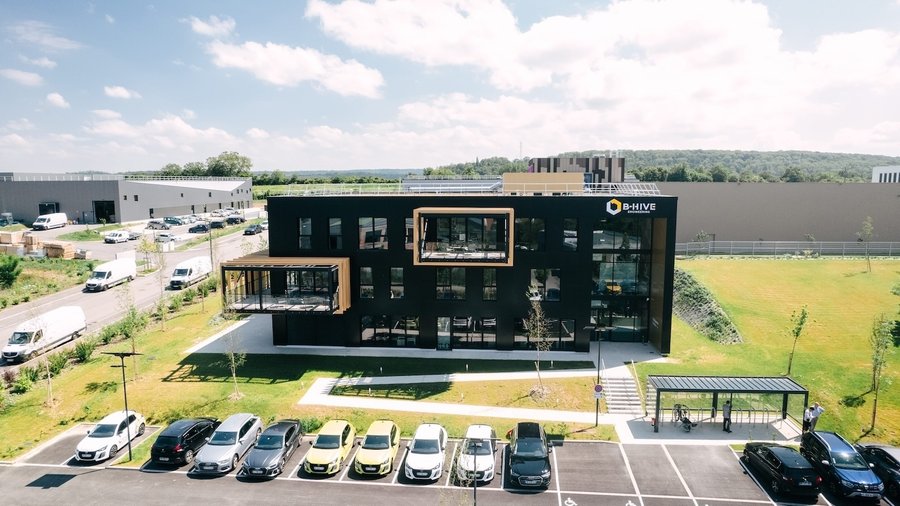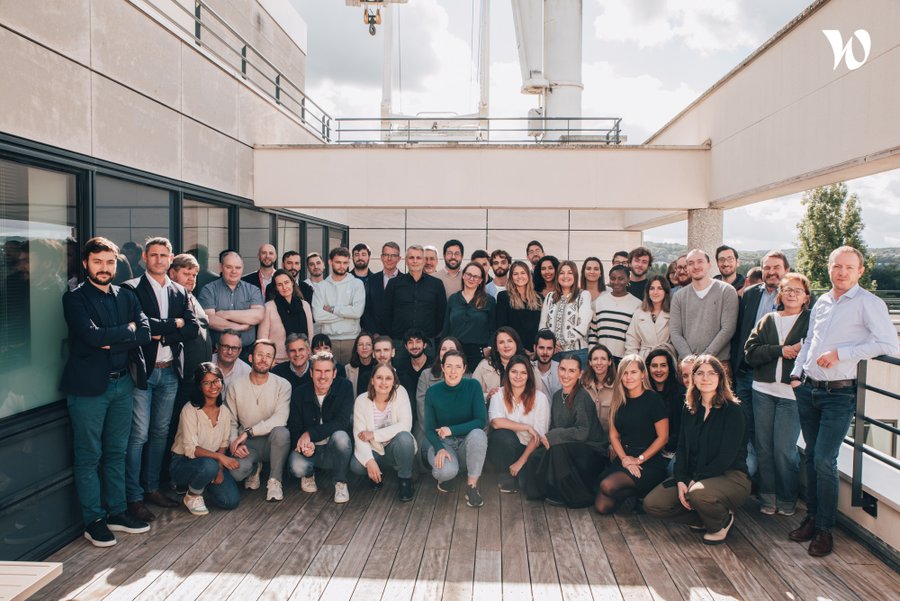Materials Engineer (W/M)
Le poste
Descriptif du poste
Analyze the physico-chemical and micro/nanoscopic properties of textile materials, in order to better understand their interactions with dyes and auxiliaries and to support the development and optimization of dyeing processes.
Main Responsibilities:
Materials Characterization & Analysis:
Perform micro/nanoscale analyses of textile substrates using appropriate meanings.
Investigate physical and chemical properties: surface morphology and charge, porosity, chemical composition, fiber structure, and functional group reactivity.
Compare native and post-treated states to assess impact of dyeing conditions or pre/post-treatments.
Dye–Material Interaction Studies:
Conduct lab-scale experiments to evaluate dye–substrate interactions (adsorption, diffusion, fixation).
Help correlate molecular-scale observations with dyeing behavior (fastness, uptake, uniformity).
Participate to process adaptations based on material behavior (e.g., surface modification, auxiliary selection, pH optimization).
Data Interpretation & Reporting:
Analyze and synthesize technical results to extract actionable insights for dyeing process optimization.
Realise bibliography study about specific subjects and report interesting sources.
Write clear, structured internal reports, and contribute to documentation for scientific, industrial, or regulatory purposes.
Present findings to the team and contribute to decision-making in project steering.
Cross-Functional Collaboration:
Work closely with the dyeing lab, R&D and process teams.
Participate in application process improvement initiatives.
Safety & Laboratory Best Practices:
Apply and enforce safety protocols related to lab equipment and chemical handling.
Wear appropriate personal protective equipment (PPE) and maintain a safe, clean, organized lab environment.
Ensure proper operation and calibration of instruments.
Profil recherché
Master’s degree (or higher) in Materials Science, Polymers, Physical Chemistry, or related field
Prior experience in applied research (industrial or academic) related to soft materials or surface chemistry is a strong plus
Knowledge of textile dyeing processes is a bonus, but can be learned on the job
Strong foundation in materials science.
Practical experience in physico-chemical and microstructural characterization techniques.
Good understanding of fiber interactions and molecular-scale surface phenomena.
Familiarity with materials used in textile (synthetics, protein, artificial fibers…).
Skills in data processing, statistical analysis, and scientific reporting.
Comfortable working in a multidisciplinary team with iterative R&D cycles.
Personal Qualities:
Analytical and investigative: You enjoy digging into complex materials behavior and drawing conclusions from data.
Detail-driven: You work precisely and value rigorous, reproducible methods.
Curious and innovative: You’re motivated by solving scientific challenges that have real-world impact, and like thinking out of the box.
Communicative: You can translate technical insights into clear, useful information for non-experts.
Collaborative: You enjoy being part of a multidisciplinary environment, sharing your expertise and are flexible in your work to advance team goals.
Languages (French/English): You are comfortable communicating in both languages in a professional setting.
Déroulement des entretiens
Here’s our hiring process for the role:
Step 1: Phone Screening
Step 2: Job fit & technical skills assessment
Step 3: In-person meeting in the lab
Step 4: Reference checks
Envie d’en savoir plus ?
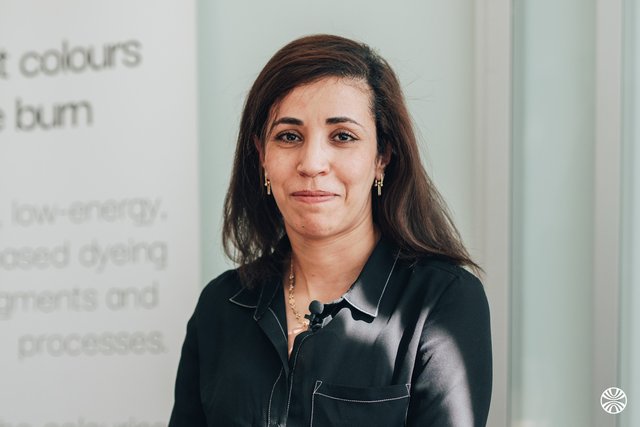
Meet Meriem, Chercheuse Scientifique
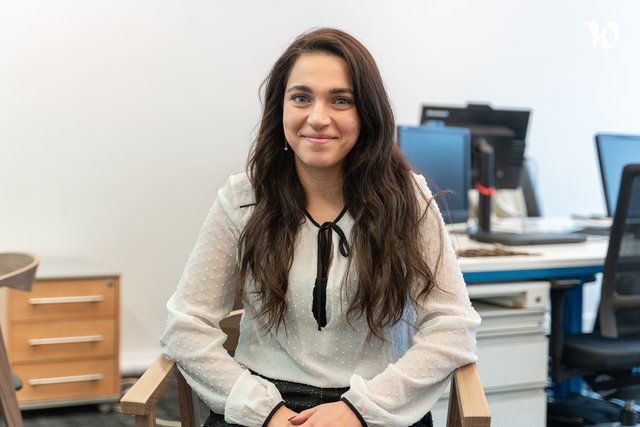
Meet Elsa, Research Scientist
D’autres offres vous correspondent !
Ces entreprises recrutent aussi au poste de “Engineering Disciplines”.
Ingénieur(e) PV & Stockage
ZE EnergyCDIParisTélétravail occasionnelIngénieries Spécialisées, Environnement / Développement durable48 collaborateursIngénieur d'études en sûreté de fonctionnement H/F
AssystemCDIMontrougeBureau d'études et d'ingénierie, Ingénieries Spécialisées8 000 collaborateursIngénieur process senior (F/H)
Vulcain Engineering GroupCDIParisTélétravail non autoriséIngénieries Spécialisées, Mobilité6 000 collaborateursIngénieur Support Terrain H/F
EOS imagingCDIParisTélétravail fréquentMétallurgie, Ingénieries Spécialisées145 collaborateursIngénieur/ Projeteur installation générale F/H
B-HIVECDIParisTélétravail occasionnelApplication mobile, Logiciels750 collaborateursIngénieur Instruction technique - Maintenance aéronautique H/F
TAKOMACDISaint-CloudTélétravail non autoriséSalaire : 40K à 50K €Ingénieries Spécialisées, Digital220 collaborateurs


